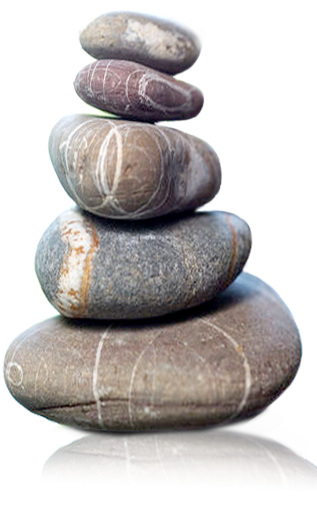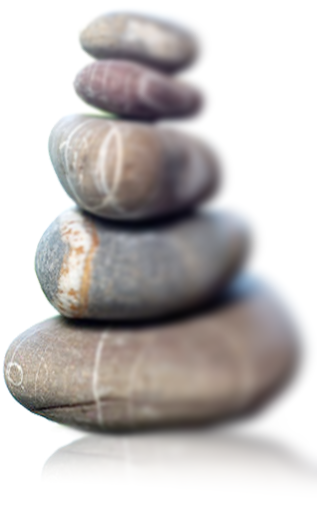Alexander technique- how can it help you?
Alexander technique- how can it help you?
Alexander technique was developed toward the end of the 19th century by Frederick Matthias Alexander, an Australian reciter/actor who suffered from hoarseness when performing. He noticed that there was a tendency to ‘jut’ the head forward causing misalignment of the neck and therefore tension in the vocal cords, and that his symptoms were resolved by correcting this misalignment. He went on to apply what he had learned to the whole body, and so ‘Alexander Technique’ was born!
Frederick Matthias Alexander was born in Tasmania in 1869. He was a slightly built sickly child and was prone to bouts of bad health. He was also very intelligent and precocious and found the discipline of school very difficult. Luckily, one of his teachers (Robert Robertson) took him under his wing, giving him individual schooling, and it was through this Alexander developed his love of theatre, poetry and especially Shakespeare. In 1889 he followed his Aunt and Uncle to live in Melbourne. Realising he was unsuited to manual labour, he decided (in his own words) “to train myself for a career as a reciter to take a position meanwhile in the office of some company.” Still plagued by bad health he stayed in Geelong for 3 months of seaside air to make a recovery. Then for a number of years he regularly performed solo Shakespeare speeches and poetry both professionally and in amateur dramatic societies, receiving good reviews. Very soon he began to suffer from regular bouts of laryngitis that were inhibiting his performance or even stopping it entirely. He consulted many physicians and specialists but none seemed to be able to help him, so he began to investigate the problem himself, and so the seeds of the Alexander technique were sown.
Alexander began by observing himself when performing, using numerous mirrors. He noticed that he had a tendency to progressively jut his chin and therefore his head forward, thereby stretching all the structures at the front of his neck and compressing the base of his skull. There are many muscles in the front of the neck as well as the vocal chords. You can test how linked they all are by talking or singing a single note whilst jutting your head slowly backwards and forwards and listening to how the sound changes and feeling how much more difficult it seems when the head is at it’s forward extent. Alexanders approach was to use ‘conscious control’ to inhibit incorrect movements rather than trying to do correct ones- to focus on the ‘means whereby’ rather than the ‘end to be gained’. He went on to apply his ideas to the whole body and had a career as performer and teacher in London and New York.
So the first step is to become aware of what you’re doing- if you’re not aware then how can you change anything?! However, this must be ‘non-judgemental awareness’- sounds like a trite phrase but it just means to be aware of your faults but not to ‘tell yourself off’ for doing them. You start by lying down in a relaxed position and practicing ‘letting go’, assisted by your practitioner, who will gently move your head, neck and limbs around to ascertain how much you are ‘holding on’/over-controlling and help you to learn to give up control. Sometimes it’s helpful to think of it as a realization that you are in a situation where control is not necessary rather than ‘giving up control’, which can sound a bit scary to some people. Control however, is a very necessary part of life- if you were to completely stop controlling your body you would flop down onto the floor like a puppet whose strings have been cut! However, almost all of us over-control thereby using more muscular effort than is necessary to perform everyday tasks. It is this balance between no-control and over-control that Alexander technique helps us to investigate and master. But first you must learn to give up control, once able to do this (and some people find it very difficult) you can then learn how to gently control your body into improved alignment in your daily life be it sitting in front of a PC, walking, standing or sports-
‘minimum muscular effort for maximum postural result’
Other factors that will probably need to be addressed:
• Muscle balances (stretching certain muscles whilst strengthening others).
• Increasing general flexibility.
• Orthotics (shoe inserts with arch supports).
• Reducing stress levels.
• Weight loss.
• Improving your diet.
For a 45 minute Alexander taster session for just £20 please phone 07973852874
Many Thanks, Paul Costin (Registered Osteopath).


